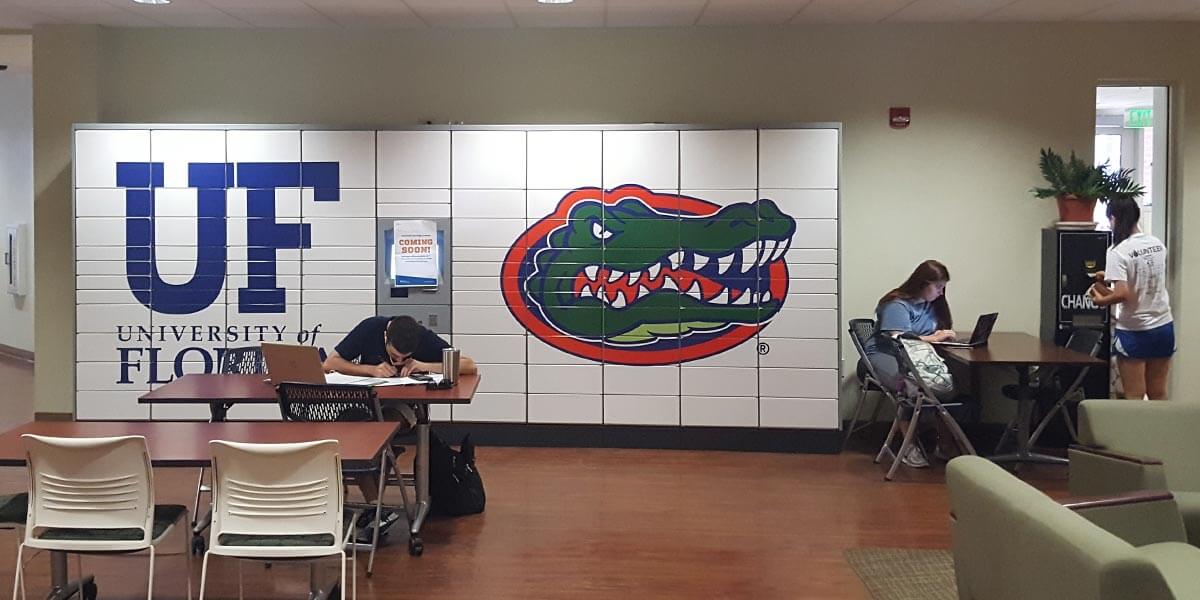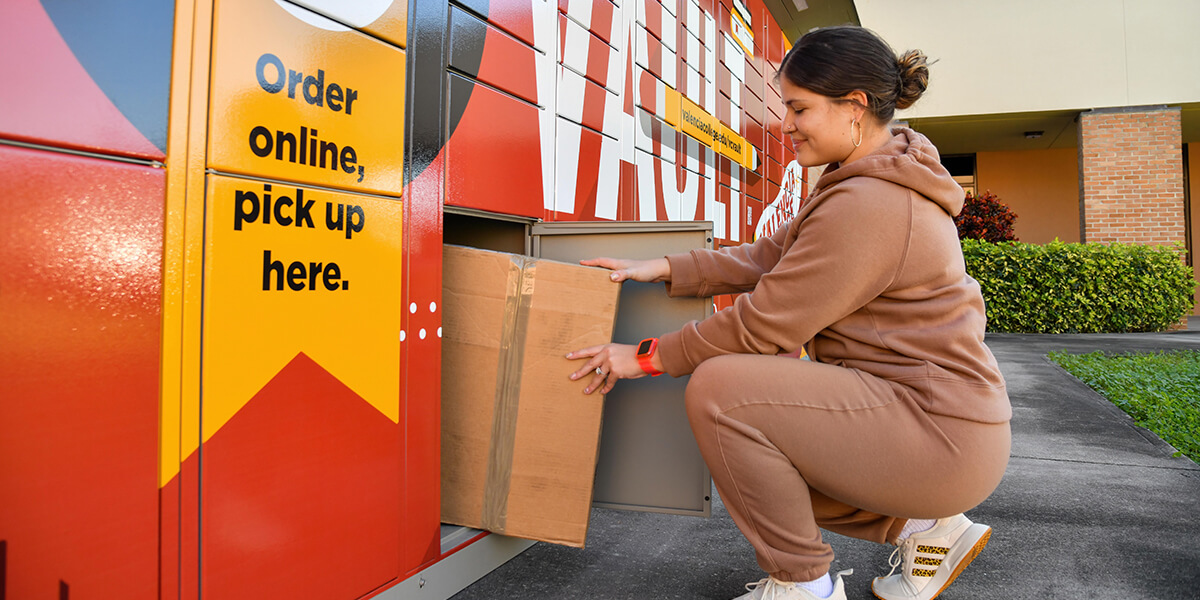The Impact of Food Insecurity on College Students
Food insecurity is a growing issue among college students that poses significant challenges to their academic achievement, physical and mental health, and overall welfare. Students experiencing food insecurity may find themselves skipping meals, consuming less healthy foods, or contemplating dropping out of college, causing additional stress, anxiety, and depression on top of the academic demands of college life. This issue is particularly complex for first-generation, low-income, and marginalized students. Addressing food insecurity is essential to creating equal opportunities for all students to thrive in college.
of students at two-year institutions were affected by food insecurity
of students at four-year institutions were affected by food insecurity
of community college students report experiencing food insecurity
of college students have gone an entire day without eating
of students have experienced food insecurity since the start of the COVID-19 pandemic

How Parcel Pending Is Helping To Eliminate Food Insecurity On Campuses
Smart lockers by Parcel Pending by Quadient provide a secure, convenient and dignified way for students to access food pantry orders.
College students often have busy schedules, with classes, homework, and sometimes jobs or other extracurricular activities. This can make it difficult for them to find time to access food resources, particularly if they are only available during certain hours. Smart lockers notify students when their food pantry order is ready, allowing them to conveniently retrieve their order using a PIN or QR code at a time that is most convenient for them.
Additionally, smart lockers help reduce the stigma surrounding food insecurity by providing students with a private and dignified way to pick up their orders. With discrete order pickup, students will feel encouraged to use the food pantry, effectively reducing food insecurity on campus.
“Since introducing the lockers, on-campus pick-ups have become incredibly flexible, efficient, and dignified.”
— Molly Hansen, Senior Special Programs Coordinator at Bunker Hill Community College

How You Can Help Ensure a Hunger Free Campus
Many states offer grants and funding opportunities to support higher education campus hunger programs. California, New Jersey, Maryland, Minnesota, Louisiana and Pennsylvania have all passed the Hunger Free Campus Act with many more states in the works. Look online to see if there are any programs available in your state.















